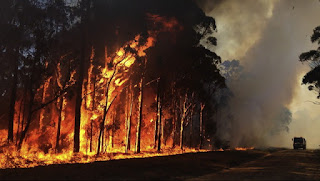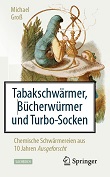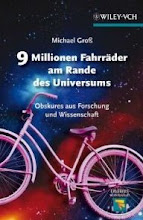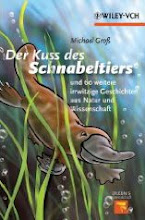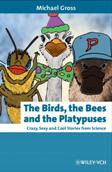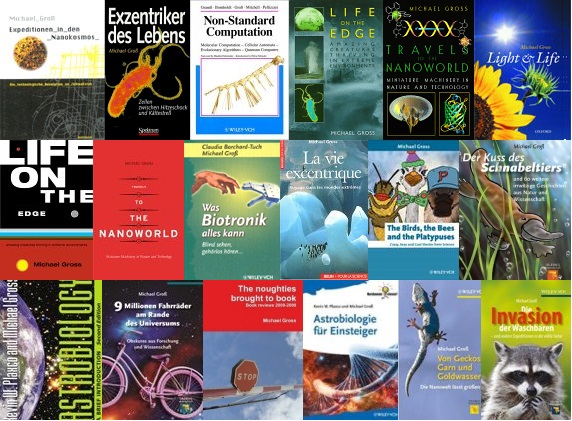So I came across a story about albatrosses and how they are affected by ocean warming, and I wanted to do effects of warming more widely (other than corals), but all roads led to birds. Ocean warmings leads to more frequent extreme climate events, and it turns out that birds with their complex life cycles including migration, nest-building and parental care routines, are often quite vulnerable to these events. So they are our modern day coalmine canaries in a way.
All will be explained in my latest feature out now:
Volatile climate stirs bird life cycle
Current Biology Volume 27, Issue 13, pR623–R625, 10 July 2017
Restricted access to full text and PDF download
(will become open access one year after publication)
Magic link for free access
(first seven weeks only)
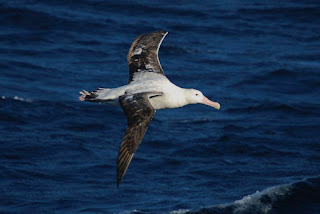
Sea birds like albatrosses are sensitive to changes in ocean temperatures. In one recent study, a well-studied population was shown to suffer from the increasing temperature variations but to benefit from recent warming bringing it closer to its temperature optimum. (Photo: Lieutenant Elizabeth Crapo/NOAA Corps. (CC BY 2.0).)
